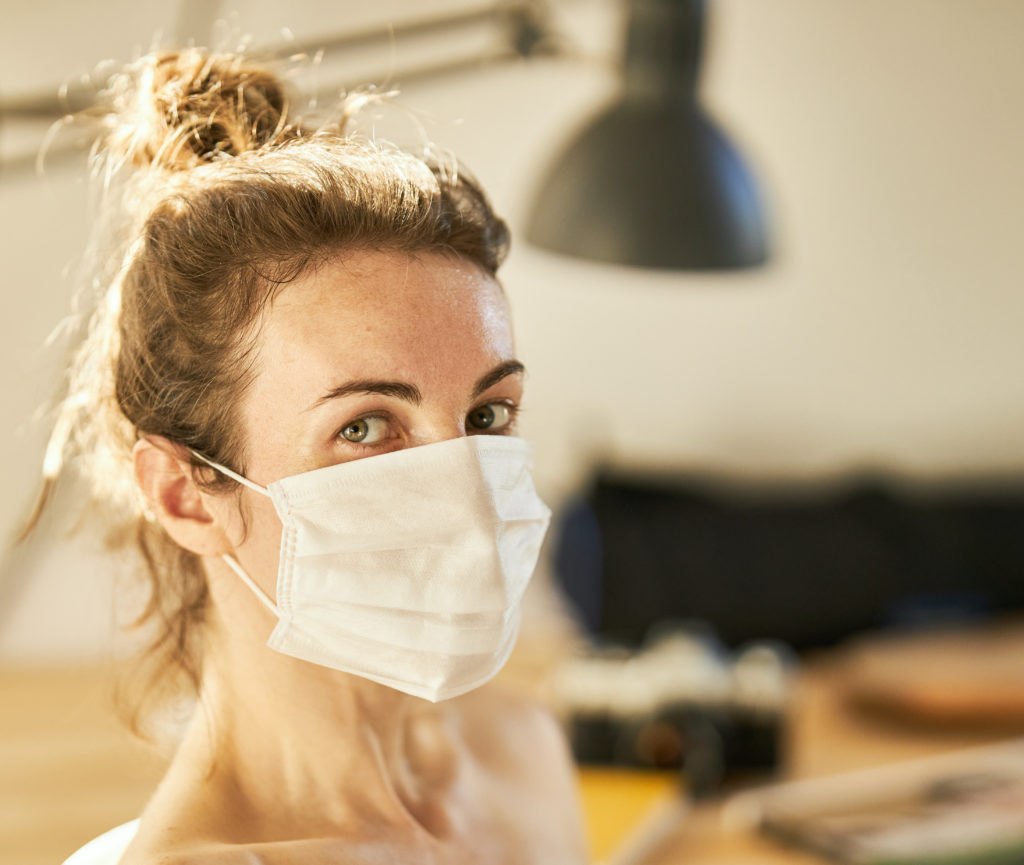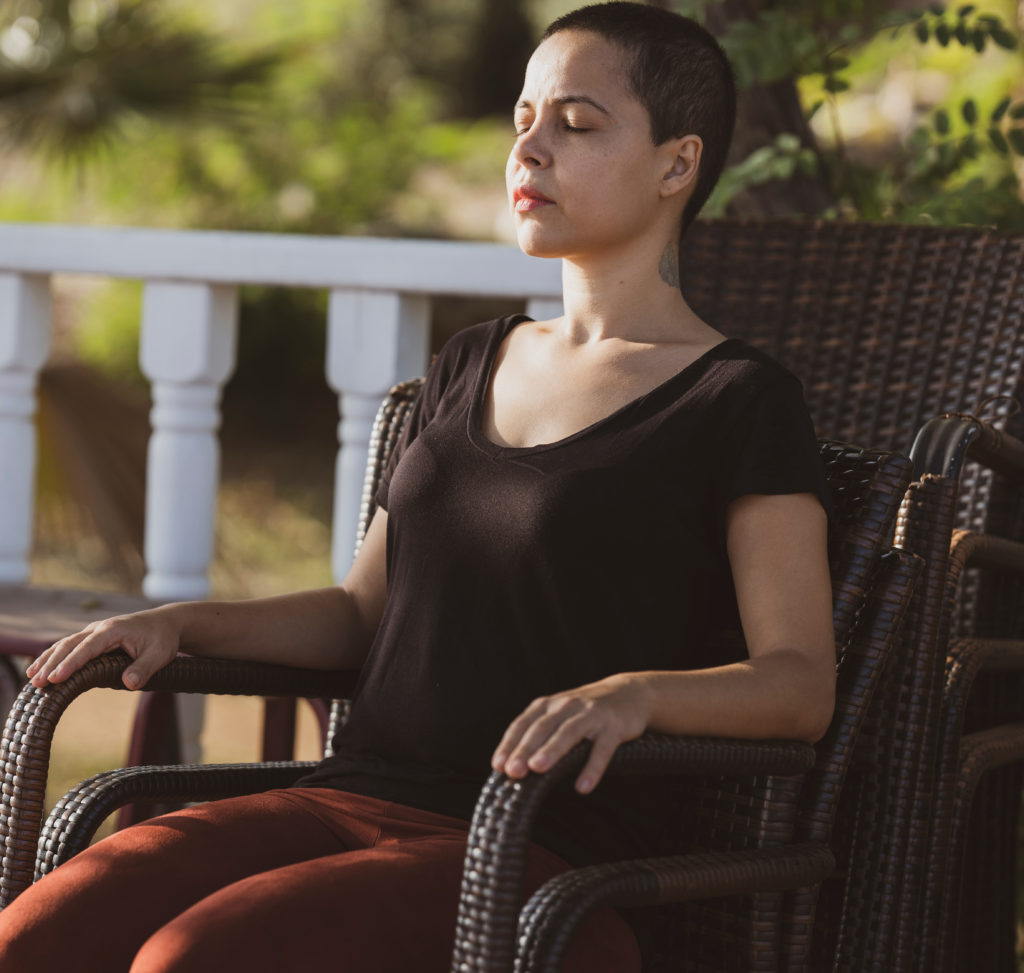 Experts agree that resuming breast cancer screenings and continuation of treatment is crucial during the COVID-19 pandemic.
Experts agree that resuming breast cancer screenings and continuation of treatment is crucial during the COVID-19 pandemic.
When COVID-19 swept across the globe, routine health care was nearly halted for many women and men in America, and for good reason. In March of 2020, the Centers for Disease Control and Prevention (CDC) and, Centers for Medicare & Medicaid Services (CMS), as well as state and local governments, made recommendations to delay elective care, including breast cancer screening tests. As the country has begun to reopen and a “new normal” surfaces, a trend of delaying breast cancer screenings is emerging. Cancer isn’t pausing for COVID-19. It doesn’t discriminate against age, race, educational background or any social and economic factor.
To get a clear picture of the impact breast cancer has on our community, the statistics speak for themselves:
- Breast cancer is the second most common cancer in American women (Source: American Cancer Society, 2020)
- Breast cancer is the second leading cause of death in women (Source: American Cancer Society, 2020)
- In the year 2017 in Marion County, the age adjusted incidence rate of breast cancer was 134.7 above the state average of 118.4 (Source: Florida Department of Health, 2020)
- In 2019, of 1,120 deaths in Marion County from cancer, 69 were breast cancer related. Cancer was the second leading cause of death, second only to heart disease. (Source: Florida Department of Health, 2020)
 The first step in assessing whether or not to schedule your routine screening is to speak to your primary care physician. Discuss the benefits and risks that are specific to you; each person is different. If you notice any changes in your breasts or nipples, see a health care provider. For those who don’t have health insurance or a primary care physician, contact the Florida Cancer Program at (850) 245-4330 or email cancer@flhealth.gov. The agency has programs available to qualifying candidates to access free or low-cost mammograms.
The first step in assessing whether or not to schedule your routine screening is to speak to your primary care physician. Discuss the benefits and risks that are specific to you; each person is different. If you notice any changes in your breasts or nipples, see a health care provider. For those who don’t have health insurance or a primary care physician, contact the Florida Cancer Program at (850) 245-4330 or email cancer@flhealth.gov. The agency has programs available to qualifying candidates to access free or low-cost mammograms.
Mammography is the most common screening test for breast cancer. And although a breast cancer screening is not a prevention of cancer, it is the best way to detect early cancer. Cancers that are detected early are easier to treat and result in better overall outcomes and survival rates. There are several breast cancer screening guidelines currently available. The American Cancer Society recommends the following screening mammography schedule for average risk women:
- Beginning at age 40 with informed decision making with a health care provider.
- Every year ages 45-54
- Every two years starting at age 55 (or yearly if a woman chooses) for as long as the woman is in good health.
The Affordable Care Act requires all new health insurance plans to cover mammography screening every one to two years with no co-payment for women ages 40 and older. (Source: Susan G. Komen, 2020)
Dr. George Rossidis, General Surgeon for Ocala Health Surgical Group, emphasizes the importance of early detection.
 “One in eight women will be diagnosed with cancer in their lifetime,” he notes. “Early detection is the key to successful treatment.”
“One in eight women will be diagnosed with cancer in their lifetime,” he notes. “Early detection is the key to successful treatment.”
His recommendations include:
- Perform self-examinations on a monthly basis and do not ignore any lumps or swollen lymph nodes in your breasts.
- Have annual screening mammograms after the age of 40.
- Exercise often and, avoid both smoking and alcohol consumption.
Here are some additional ways you can feel more safe when deciding to resume routine breast cancer screening.
- As with any health care decision, speak to your physician. Many physician practices now offer telehealth visits and patient information access via patient portals.
- Visit the website, or call your screening center of choice. Educate yourself on the precautions they are taking to keep you safe from COVID-19 and learn more about the technologies available. Information is power and provides an added layer of reassurance in the decision making process.
- Access local resources. In addition to many national agencies, organizations and groups, Marion County offers a variety of local resources for the community. The Cancer Alliance of Marion County is a collaborative effort to communicate with and educate the community. You can visit canceralliancemc.org for a resource directory.
- Incorporate stress management into your routine. Practice meditation techniques, explore aromatherapies, get adequate sleep and rest, talk to a counselor, exercise regularly and find support from family and friends.
“Stress has a profound impact on how your body’s systems function,” Lorenzo Cohen, Ph.D., professor of General Oncology and Behavioral Science, and director of the Integrative Medicine Program at MD Anderson, has commented. “Stress makes your body more hospitable to cancer.”






